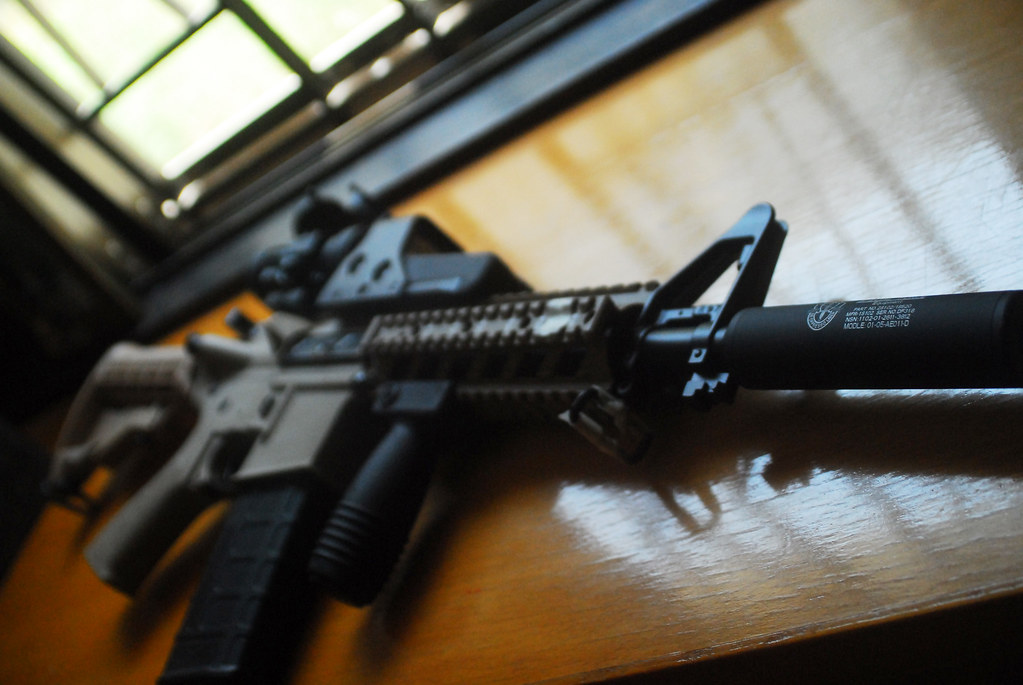Key Takeaways
- Washington, D.C. will no longer prosecute people who openly carry rifles or shotguns.
- Critics warn that lifting enforcement of the open carry ban could make the city less safe.
- Jeanine Pirro claims Justice Department guidance and past court rulings support the change.
- Gun violence experts say no Supreme Court case forbids an open carry ban.
- Opponents urge proven community programs to keep crime low instead.
Open carry ban non-prosecution sparks concern
Washington, D.C.’s top prosecutor announced a major change last month. Jeanine Pirro said her office will stop charging anyone who openly carries a long gun in public. In other words, the city’s open carry ban will go unenforced. While supporters call it a legal correction, others worry it could have dangerous effects.
Background on the open carry ban
Since 1976, Washington, D.C. has banned the open carry of rifles and shotguns. Under this rule, anyone spotted walking the streets with a visible long gun could face criminal charges. The law aimed to protect the nation’s capital and its residents from armed threats. It also helped ensure that public spaces around federal buildings stayed secure.
Why the policy changed
Pirro explained that she based her decision on two Supreme Court rulings and on guidance from the Justice Department. She said those rulings support individual gun rights even in cities. However, critics argue that neither case actually struck down an open carry ban. Instead, they focused on carrying handguns in certain public areas.
Furthermore, Pirro once worked as a Fox News personality. She now serves as the U.S. attorney for D.C., a role that gives her wide authority over federal prosecutions. Therefore, her office can decide whether to pursue charges against anyone who violates local gun rules.
Concerns over safety
In a recent op-ed, Kris Brown, president of the anti-gun violence group Brady, warned that refusing to enforce the open carry ban “will have real-world consequences.” Brown said that with National Guard members patrolling the city and carrying their own weapons, D.C. has become a “tinderbox.” Moreover, she fears that extremists or vigilantes might see this policy shift as an open invitation to roam armed.
Residents and visitors could feel less safe if armed groups parade through crowded streets. Brown pointed out that sensitive federal sites, like the Capitol and the Supreme Court, could become targets. She also noted that tourists who expected a peaceful visit might face unexpected danger.
Reactions from experts
Many gun violence experts agree that lifting enforcement of the open carry ban could increase risk. They say no court ruling forces the government to allow visible rifles or shotguns in city streets. In fact, lower courts have upheld similar bans in other regions.
Critics also question why now. They note that President Trump deployed thousands of troops and federal agents to D.C. A few even helped with street cleaning. So, they ask, if the goal is to reduce crime, why ease gun restrictions at the same time?
Potential impact on D.C. streets
If people openly carry long guns without fear of prosecution, it could change daily life. Commuters might avoid certain routes. Small businesses might lose customers who fear armed displays. Public events, such as protests or festivals, could become more tense if some attendees show up with rifles.
On the other hand, supporters claim the policy simply respects the Second Amendment. They say law-abiding citizens should not face charges for holding a firearm in plain view. Yet, even supporters admit this shift raises practical questions about crowd control and public order.
Proven ways to reduce crime
Rather than halting prosecution of the open carry ban, experts suggest well-tested strategies. These include community policing, youth outreach programs, and improved mental health services. Studies show that strong relationships between officers and residents can cut violence. Also, job training and school support can keep young people away from crime.
In contrast, loosening gun rules without careful planning might undo years of progress. D.C. crime rates are near historic lows right now. Any sudden change in policy could reverse these gains.
What’s next for D.C.?
The debate over the open carry ban is likely to continue in courts and in public forums. Local leaders may challenge Pirro’s decision. Congress could also weigh in, since D.C. lacks full statehood rights. Meanwhile, residents will watch closely to see if armed groups appear on city streets.
Jeanine Pirro stands by her announcement. However, with strong opposition from experts and activists, she may face legal hurdles. For now, the city braces for possible protests and heated town meetings.
In the end, the safety of Washington, D.C. could depend on a careful balance. Policymakers must weigh gun rights against public security. As the debate unfolds, many hope for a solution that both honors the law and protects the capital’s residents.
Frequently Asked Questions
Why did Jeanine Pirro stop enforcing the open carry ban?
She said her decision follows Justice Department guidance and two Supreme Court rulings. She believes these rulings support allowing visible firearms in public.
Could this policy change lead to more violence?
Experts warn that lifting enforcement of the open carry ban could embolden armed groups and increase risks for residents and visitors.
Is there any court case that forces D.C. to allow open carry?
No. Neither of the Supreme Court cases Pirro cited actually overturned a ban on openly carrying long guns.
What alternatives exist to reduce crime in Washington, D.C.?
Proven methods include community policing, youth outreach, mental health support, job training, and strong local partnerships.
